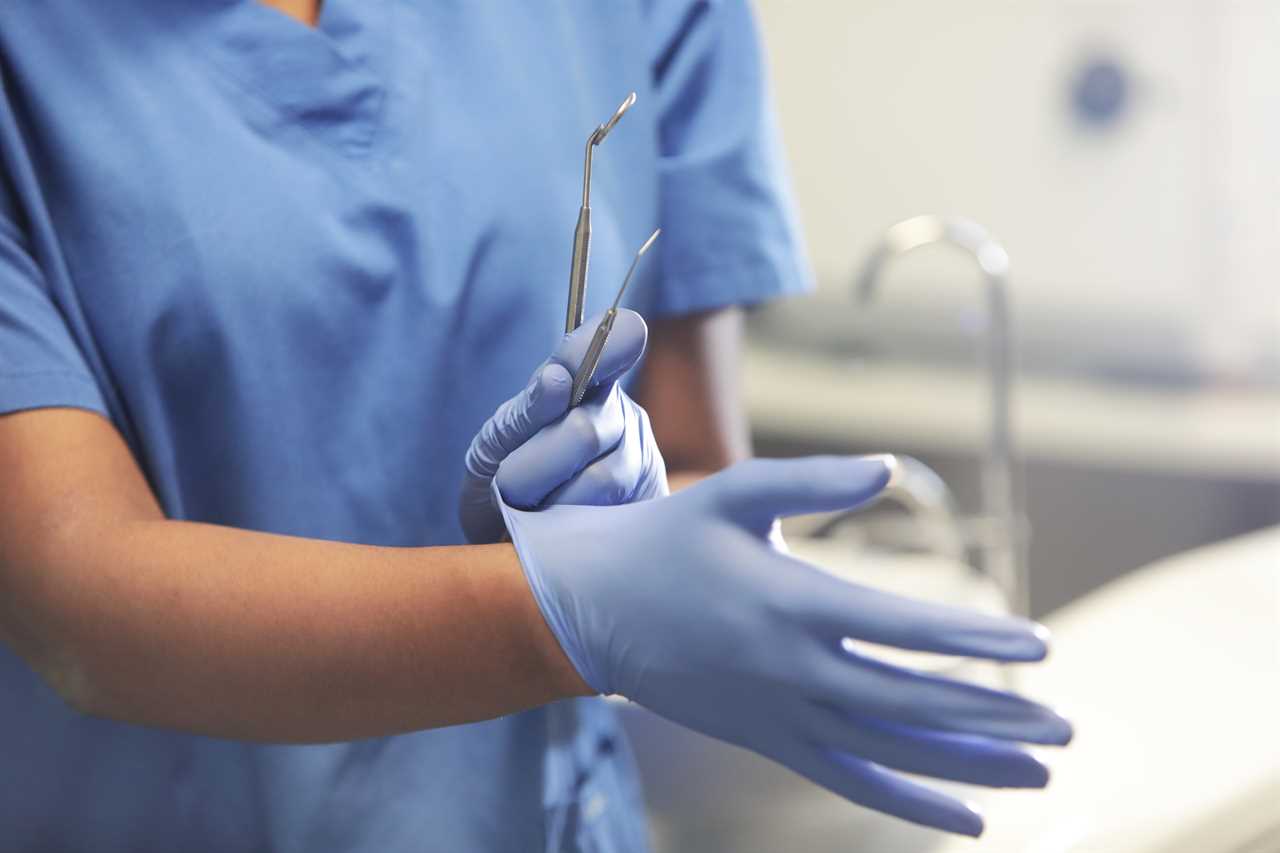COMMON prostate exams may not be accurate enough to spot cancer on their own, a study claims.
The much-feared digital rectal exam (DRE) where a doctor checks the rectum with their fingers, may miss hard-to-reach tumours, German researchers found.

Rectal exams to check for prostate cancer may miss hard to reach tumours, German researchers say
They said detection rates for the tests, which are offered on the NHS if you show symptoms, were substantially lower than when used in conjunction with blood tests.
Dr Agne Krilaviciute, of the German Cancer Research Center, said the exam “is simply not sensitive enough to detect early stage cancers.”
Professor Peter Albers, a urologist at Dusseldorf University, said the invasive test may also be putting men off coming forward for a prostate test.
He said: “If the aim of a screening programme is to pick up cancers as early as possible and the screening tool isn’t doing that job, then that is a fundamental failure of that approach.
“Not only is the DRE not useful for detecting cancer, but it may also be one reason why people don’t come to screening visits .”
Prostate cancer is the most common form of the disease in British men, with 52,300 new cases spotted and 12,000 deaths a year.
Symptoms usually do not appear until the prostate has become so large it affects the bladder, leading to needing to pee more regularly or straining when you do so.
There is no screening programme in the UK but patients with symptoms are encouraged to go to their GP who may perform a DRE.
They may also be offered a prostate-specific antigen (PSA) blood test, although these are controversial because they can be unreliable or give a false positive result.
If either of these tests pick up signs of the disease, an MRI scan is usually performed before patients are given biopsies to confirm the cancer.
The latest research, presented at the European Association of Urology Annual Congress in Milan, aimed to see how effective digital rectal exams are.
Half of the 46,495 men in the trial were given a PSA screening when they turned 45, while the other half were offered a DRE before being given a PSA test at age 50.
Just 6,537 accepted the offer of a DRE, with 57 referred for a follow-up biopsy and three diagnosed with prostate cancer.
Four times as many cancers were spotted in the PSA group, the team said.
This may be because using fingers to check the prostate for swelling or lumps may miss early tumours, they said.
Professor Albers said: “Early stage cancer may not have the size and stiffness to be palpable.”
The researchers called for widespread PSA testing and MRI scans to be used for screening programmes, instead of just offering a DRE.






